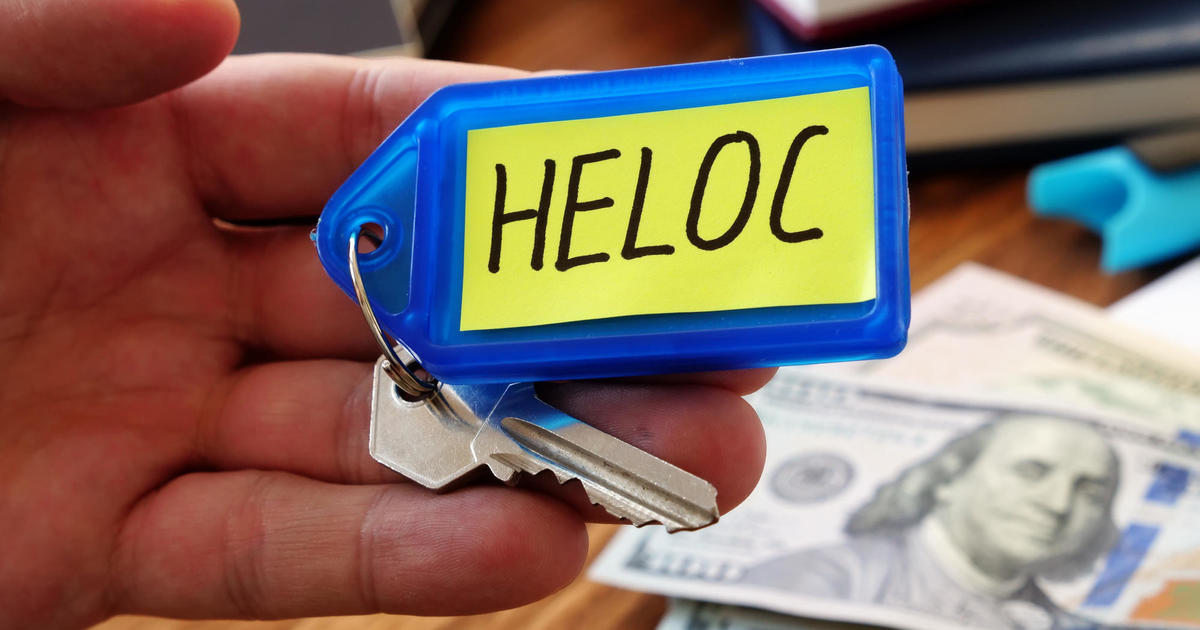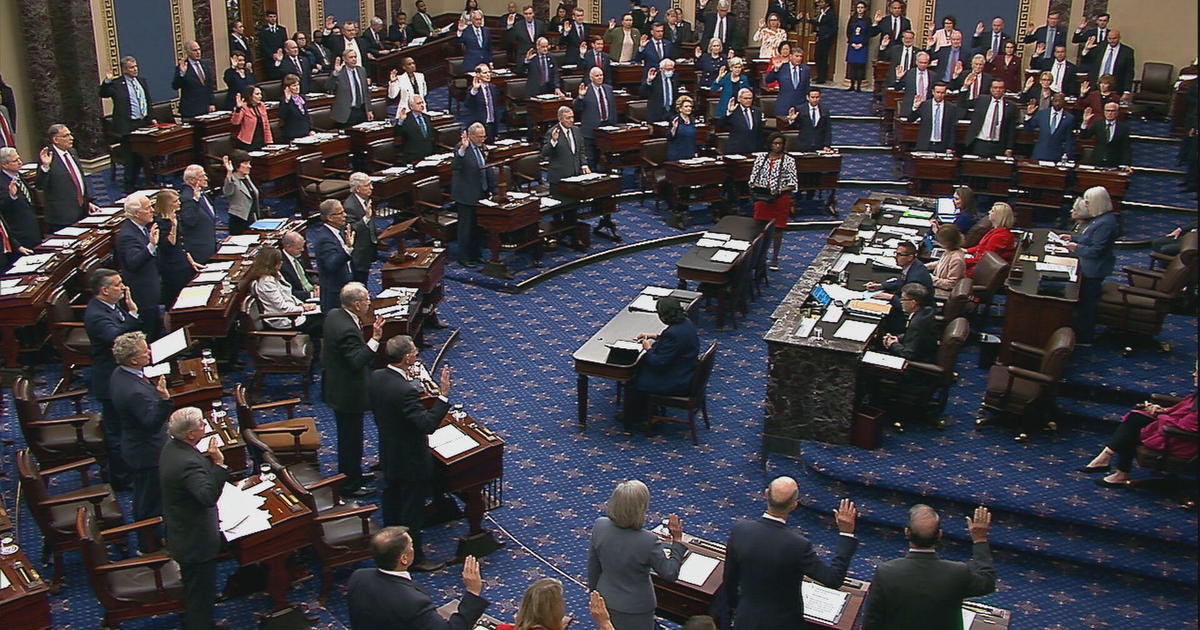Black and Latino Americans hopeful about student debt forgiveness
President Biden's announcement last Friday that he's considering forgiving a portion of student loans is resonating with many Black and Latino voters who have found themselves struggling with their student loan debt, as the nation continues to recover from the long COVID pandemic and high inflation.
About 90% of Black Americans and 72% of Latinos take student loans to attend college, compared to 66% of White students, according to a report from the Student Borrower Protection Center.
"This is impacting them in terms of how they can move forward," said Vanessa Sansone, a higher education professor at the University of Texas at San Antonio.
Sansone says these loans are seen by students as their pathway to success, but in the long run, they become a burden when they're trying to make some progress in their financial lives.
"They're not able to move forward… maybe they want to move, maybe they want to take out a mortgage, and those are things that are holding them back," Sansone said of the toll student loan debt is having on these minorities.
When the pandemic began, former President Trump signed an executive order to temporarily halt student loan payments and set their interest rates to 0% as part of the relief efforts to deal with the COVID-19 emergency. The order was renewed by President Biden, but is now set to expire on Aug. 31, just over two months before the midterm elections.
The payment pause for these loans has helped many like Americans like Kaitlyn Fikaris, a first-generation college graduate who attended State University of New York (SUNY).
Fikaris referred to the pause as a "relief," but she's concerned about what the future holds.
"I live paycheck to paycheck now," said Fikaris, who has been working as a teacher. "And I'm not paying my student loan repayments yet, since it's been extended to August… So if I'm struggling now, how am I going to do it in August?"
The 24-year-old Puerto Rican says that student loans are one of the main reasons she voted for Mr. Biden in 2020.
"Keeping that in mind is definitely a driving factor when it comes to going to the polls and being a voter," Fikaris says.
She'd also like to continue her graduate studies, but the financial worry about repaying her first loan is stopping her from pursuing her next degree, which would require yet more loans. Fikaris has a journalism degree and currently owes about $36,000 in student loans.
"I have no family members who went to college. I don't understand interest, I don't understand credit, I don't understand any of that.. It kind of makes me feel like I will never get out of it," Fikaris said.
Twenty years after starting college, median Black borrowers usually still owe about 95% of their debt ,and Latino borrowers owe around 83%. The median white borrower owes less — approximately 65% of original student debt, according to the Student Borrower Protection Center.
Mr. Biden is considering canceling less than $50,000 in debt per borrower, but he has not offered any more detail about the range of forgiveness or who will qualify. That uncertainty weighs on student debtors.
"It has been an emotional roller coaster. Because you never know if it's going to be unpaused… So it's kind of an anxious-type of feeling, in a way," said Ayana Morgan-Woodard.
Morgan-Woodard graduated from historically Black Tuskegee University with a political science and pre-law degree in 2020, taking out about $20,000 in loans.
She's still looking for a job in her field, and in the meantime, she has been volunteering at various nonprofit organizations.
The 23-year-old Californian will have two things on her mind when she votes in November: housing and her student loans. She thinks it's "unrealistic" for a recent graduate to pay her student loans and finance her daily necessities at the same time.
"I don't understand how they [politicians] can expect a 23-year-old coming out of college to pay $20,000. And that's not even including bills," Morgan-Woodard says.
Fikaris, too, will be thinking about her loans. "Keeping that in mind is definitely a driving factor when it comes to going to the polls and being a voter," she said.
Because both Morgan-Woodard and Fikaris graduated during the pandemic, neither has had to make a single loan payment so far.
"College is more expensive than it was before," said Fikaris. "Rent is more expensive than it was before. You know, the state of our union, the politicians, everything, the economy, everything is just so different, and worse than what it was before."
Not everyone is on board with broad forgiveness of student debt. Senate Republicans recently introduced a bill to suspend Mr. Biden's suspension of student loan payments and prohibit the president from canceling outstanding federal student loan debt due to a national emergency. Their bill would still allow the president to temporarily suspend repayments for low- and middle-income borrowers in future national emergencies.
South Dakota GOP Senator John Thune said in a recent statement that as Americans return to the workforce two years since the beginning of the pandemic, it's time "for borrowers to resume repayment of student debt obligations." He argued, "Taxpayers and working families should not be responsible for continuing to bear the costs associated with this suspension of repayment."
Other experts express concern that canceling a large chunk of student loans could boost already raging inflation by stoking personal consumption.
While the administration works out the parameters of its student loan forgiveness, these voters are looking for candidates who will focus on helping them dig themselves out of debt.
"I would just like to see more people campaign on it," Fikaris said. "And for it to be more widespread. I feel like I really have to research and find these politicians who are willing to make this change."



